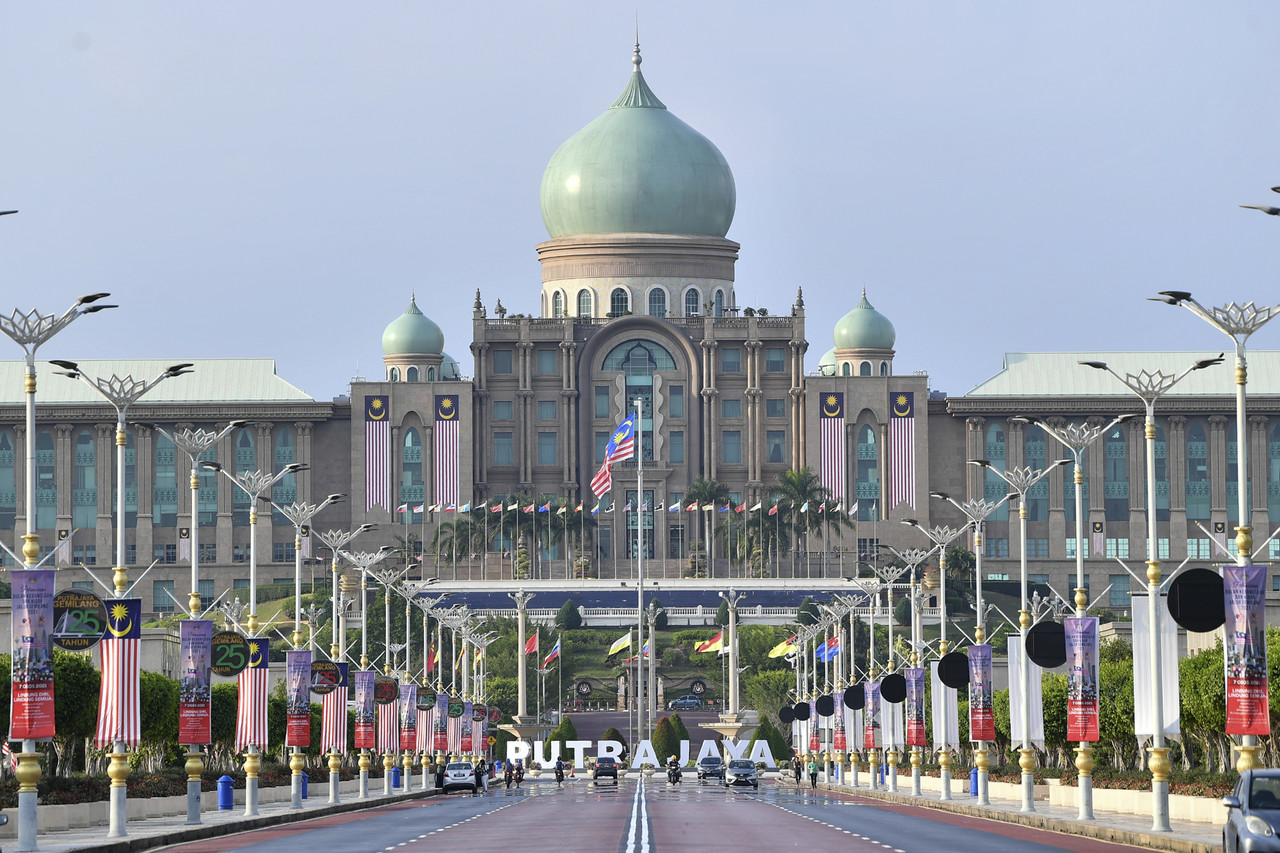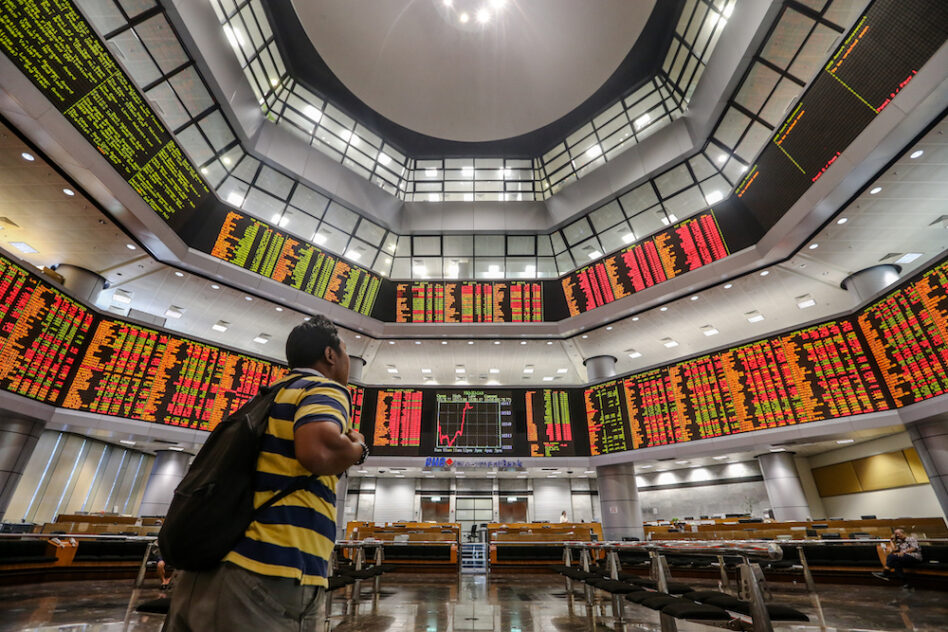THE annual tabling of the budget is one of the most anticipated events of the year, marked by widespread coverage of the media and receiving the attention of the ordinary person on the street who is eager to know what’s in it for the people.
In conjunction with the tabling of Budget 2022 by Finance Minister Tengku Datuk Seri Zafrul Abdul Aziz on Oct 29, Monash University Malaysia (MUM) recently held its annual Monash Tax Webinar: Budget 2022 which took place virtually.
The conference brought together some of the brightest minds from the fields of finance, economy and accounting to pore over the various new tax provisions in relation to Budget 2022 and its subsequent impact on the masses.
Expansion tax base and fiscal revenue generation
Under Budget 2022, tax is one of the most focused topics as the overall fiscal revenue is projected to increase by 5.9% to RM234 bil next year, mainly driven by higher collection from tax revenue that accounts for the large portion (or 73.2%) of the total revenue.
Dr Veerinderjeet Singh, adjunct professor at MUM and Chairman of Tricor Services Malaysia – a fixture in Monash Malaysia’s annual budget seminar – said the RM332.1 bil allocated for Budget 2022 represents the biggest amount yet in the history of the nation.
As with any big budget, the question invariably leads to how the Government will generate revenues to fill the coffers. However, Budget 2022 also takes into consideration the COVID-19 implications on the economy.
“At the back of everybody’s mind, including the Government’s, is the broadening of the tax base that is still a very key area that needs to be constantly looked at. There were some measures introduced that can be taken as a signal to broaden the tax base, although some could be argued to be not so logical,” said Veerinderjeet.
Malaysia has also been gripped by political uncertainty that has led to the fall of two governments in the space of 18 months amidst constant chatter of an impending General Election.
“I think the last three years have been the most politically unstable in the context of changes in the Government. So technically, this is the third Government that we have had in as many years. One could assume that this budget could also be termed as an election budget in some ways. We are all hearing about the possibility of an election next year,” he added.
Veerinderjeet, who is also a veteran tax expert, expressed that the focus of Budget 2022 – which aims to provide various tax provisions to assist businesses move out of the pandemic-induced downturn – augurs well when positioned alongside the Government’s projected increase of revenue by RM13 bil to RM234 bil for 2022, from RM221 bil in 2021.
It is also worth noting that the Budget 2022 was unveiled against the backdrop of a projected economic growth of 3% to 4% this year, and 5.5% to 6.5% in 2022, which is encouraging and presents a return to pre-pandemic annual GDP growth trend.
He further believed that the projected the revenue target is feasible given the fact that the expected GDP growth will be between 5.5% and 6.5%.
And perhaps with more activities by the tax authorities – to recover revenue, to look at the underground economy, to try to tempt those who should be paying taxes and have not, and perhaps by working more efficiently – the Government can hit the revenue target.
Apart from that, Veerinderjeet emphasised that a key component of the budget was the focus on supporting businesses in the post-pandemic environment and creating new jobs, and upskilling workers to prepare for an increasingly digital working world whose adoption of technology was turbocharged during the pandemic.
Looking beyond Budget 2022, he also outlined the financing of shared prosperity, promoting inclusion, modernising institutions, revitalising long-term growth, boosting competitiveness and creating jobs as six areas where reforms are needed as suggested by a recent World Bank Report.
Foreign-sourced income (FSI) and cukai makmur
In her speech on the scope of taxation, Tricor Taxand director Thisha Gunasilan drew attention to the proposed tax on FSI, where the income received by resident Malaysians from abroad will be subject to tax.
However, she noted that foreign-sourced income for non-residents will not be subject to FSI. This tax will apply to all resident Malaysian individuals, companies, and limited liability partnerships effective from Jan 1, 2022.
However, it is worth noting that FSI received by Malaysian residents starting from Jan 1, 2022, to June 30, 2022, will be taxed at a flat rate of 3% on their gross FSI earnings.
The Inland Revenue Board (IRB) also issued a media release earlier this week stating that taxpayers who declare their foreign income remitted into Malaysia during this period will not be subject to any audits or queries.
From July 1, 2022, the prevailing tax rate will be 24% for companies, 17% for small and medium enterprises (on the first RM600,000 of chargeable income), and between 0% and 30% for resident individuals.
Thisha also drew comparisons on FSI with Malaysia’s neighbouring countries such as Singapore, where dividends received by resident individuals is not taxable.
For companies, there are exemptions such as when a business receives a dividend that has already been subject to tax in a foreign jurisdiction or where the foreign headline tax rate is at least 15%.
Meanwhile, in Hong Kong FSI dividend income is exempt from tax.
“So, if you look at how we compare to our neighbouring countries, clearly you know this puts us in a disadvantageous position. We know that this provision was intended to comply with international standards, but what remains unclear is whether this provision will encourage the remittance of funds and income to Malaysia in the coming years,” said Thisha.
Budget 2022 also unveiled plans for a one-off cukai makmur, or prosperity tax aimed at companies with earnings over RM100 mil which will now be taxed at 33% instead of the headline 24%.
“The IRB has stated that it expects to collect about RM9.5 bil from this tax in the year of assessment 2022,” Thisha added.
Extension of indirect tax revenue on courier, delivery services
Under Budget 2022, the Government had also announced several indirect tax measures to boost tax revenue.
One of it includes the imposition of service tax on goods delivery services, by any service provider including e-commerce platforms regardless of whether it is licensed under the Postal Services Act 2002.
The delivery of food and beverages as well as logistics services, however, will be excluded from service tax.
School of Business senior lecturer of the department of Business Law & Taxation Dr Francesco Cannas drew comparisons between Malaysia and the European Union (EU) after the former announced the extension of service tax to include delivery services, and low-value goods.
“There is evidence of an increasing interest in the activity of online platforms. This is something that has also been witnessed in the EU where, effective July 1, 2021, the VAT exemptions for imported goods below €22 (RM100) was abolished and online platforms are now liable for the payment of VAT,” said Cannas.
The imposition of the service tax on goods delivery services is expected to come into effect on July 1, 2022. – Dec 13, 2021
The article features insights from Dr. Veerinderjeet Singh, adjunct professor at MUM and Chairman of Tricor Services Malaysia, Thisha Gunasilan, Director, Tricor Taxand and Dr. Francesco Cannas, Senior Lecturer, Department of Business Law & Taxation, School of Business, MUM.
The views expressed are solely of the author and do not necessarily reflect those of Focus Malaysia.









